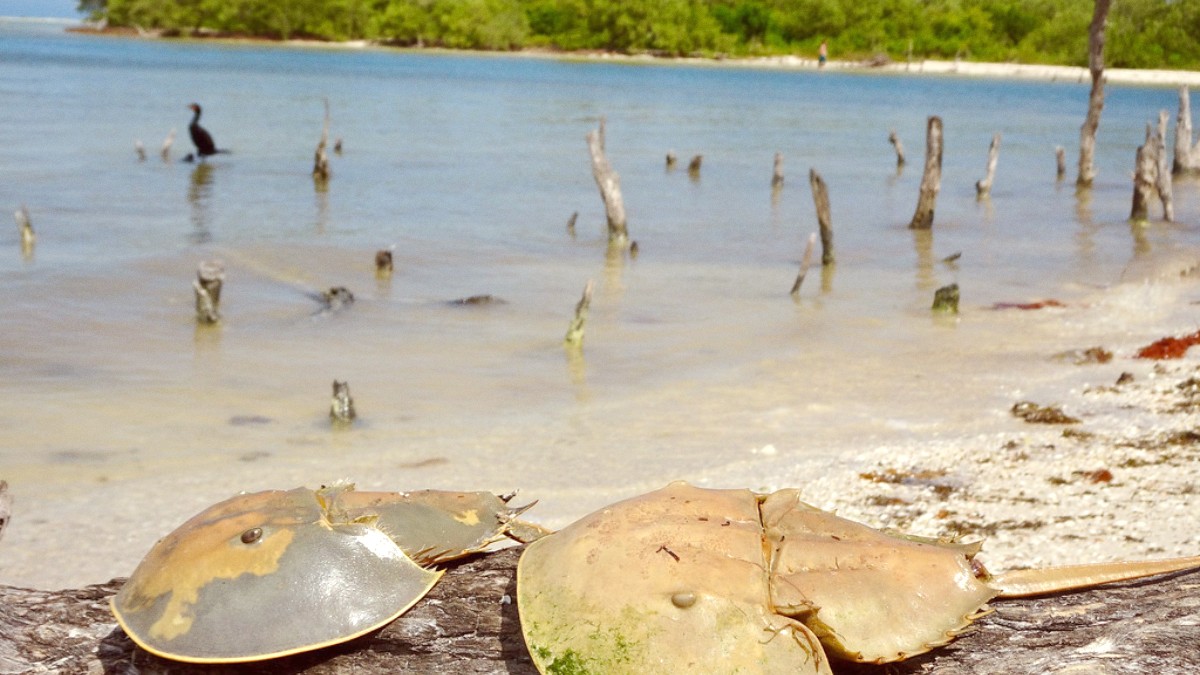
Yucatan Peninsula, Mexico
Isla Holbox forms an integral part of the Yum Balam Nature Reserve, a federally protected area dedicated to preserving diverse ecosystems. Local organizations and tour operators actively participate in conservation efforts for wildlife and ecosystem health.
Waste management presents a significant challenge for small islands like Holbox, with limited infrastructure. Practice "Leave No Trace" principles. Dispose of all trash properly in designated bins. Do not leave anything behind on beaches or in natural areas.
Freshwater is a precious and limited resource on an island. Be mindful of your water usage. Take shorter showers, turn off the tap while brushing your teeth, and report any leaks. Every drop saved benefits the island's natural water supply.
Isla Holbox’s status as a protected nature reserve means environmental considerations are foremost. Your actions directly influence the health of its ecosystems.
Choose accommodations that demonstrate a commitment to sustainability. Look for properties with solar power, water conservation, responsible waste reduction, local ingredients, or eco-certifications.
Select tour operators who prioritize ethical wildlife viewing and adhere to strict conservation guidelines. For whale shark tours, choose operators that maintain respectful distances, limit group sizes, and prohibit touching the animals.
Support local artisans and cultural initiatives. Adhere to local traditions and customs, even if they differ from your own. Be open to learning about them.
Be polite and patient in all interactions. A smile and a few words of Spanish are always appreciated. Dress appropriately when away from the beach. Covering up when walking through the village or dining shows respect for local residents.
Consider purchasing carbon offsets for your flights. Many airlines and third-party organizations allow calculation and offset of carbon emissions from air travel, contributing to projects that reduce greenhouse gases. This mitigates your journey's environmental footprint. Offset your carbon with Terrapass
Bring a reusable water bottle and refill it at your hotel or local shops. Decline plastic straws. Bring a reusable shopping bag. This helps address the island's waste management challenges. Shop reusable products at Package Free Shop
Your responsible actions contribute directly to the health of Holbox's ecosystems and the welfare of its community. Embrace sustainable practices.
Your choices as a traveler directly influence the economic well-being of Isla Holbox.
Actively seek out and support tours, activities, and services operated by local Holbox residents. This helps revenue from tourism remain within the community. Many small, locally owned guesthouses and tour operators rely directly on tourist income.
Avoid activities that exploit animals. Do not engage in activities that damage the environment, like walking on coral reefs, littering, or removing shells/sand from protected areas. Do not support activities that involve child exploitation or any form of illegal activity.
Purchase souvenirs and goods directly from artisans or small local shops where you can be confident that the money goes directly to the producers. This supports fair wages and traditional craftsmanship.
Buy directly from local makers to support their craft and livelihood.
Avoid items made from endangered species or illegally harvested materials.
Research local charities for appropriate donations rather than giving directly to individuals on the street.